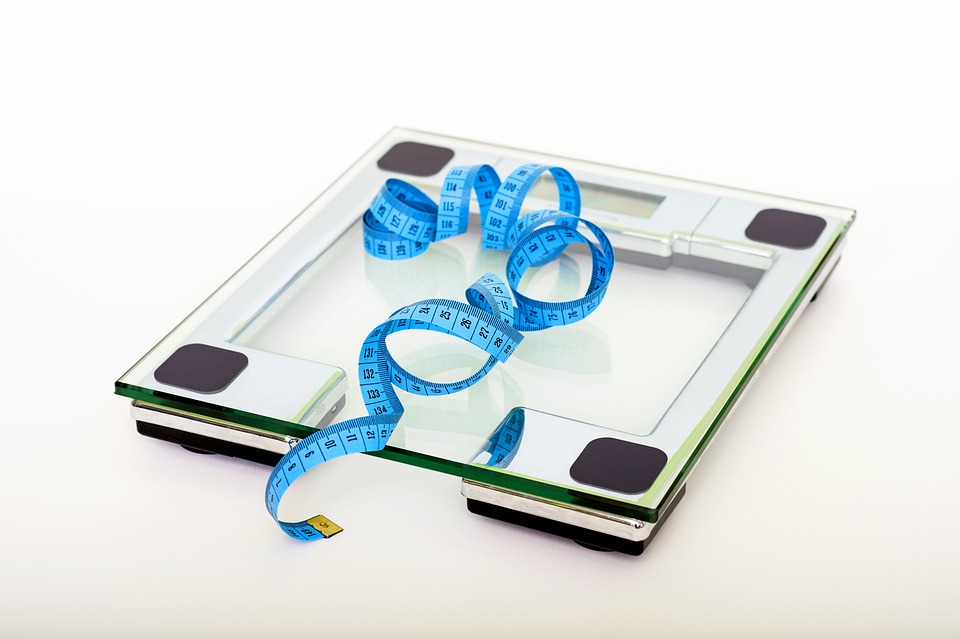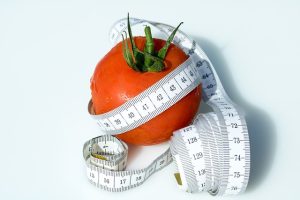
7 Tips for Eating a Balanced Diet for Optimal Health
Eating a balanced diet is essential for optimal health. A balanced diet provides the body with the nutrients it needs to function properly and stay healthy. Unfortunately, many people don’t know how to eat a balanced diet. Here are seven tips to help you get started.
How-To:
1. Eat a Variety of Foods
Eating a variety of foods is key to a balanced diet. Eating the same foods every day can lead to nutrient deficiencies. Aim to include a variety of fruits, vegetables, whole grains, lean proteins, and healthy fats in your diet.
2. Choose Whole Foods
Whole foods are foods that are in their natural state. They are unprocessed and unrefined. Examples of whole foods include fruits, vegetables, whole grains, nuts, and seeds. Eating whole foods is a great way to get the nutrients your body needs.
3. Read Nutrition Labels
Nutrition labels can help you make informed decisions about the foods you eat. They provide information about the calories, fat, sodium, and other nutrients in a food. Reading nutrition labels can help you make healthier choices.
4. Limit Processed Foods
Processed foods are foods that have been altered from their natural state. They often contain added sugar, salt, and unhealthy fats. Eating too many processed foods can lead to weight gain and other health problems. Try to limit your intake of processed foods.
5. Eat Enough Fruits and Vegetables
Fruits and vegetables are packed with vitamins, minerals, and other nutrients. Aim to eat at least five servings of fruits and vegetables each day. This can help you get the nutrients your body needs.
6. Limit Sugar and Salt
Sugar and salt can be found in many processed foods. Eating too much sugar and salt can lead to health problems such as obesity and high blood pressure. Try to limit your intake of sugar and salt.
7. Drink Plenty of Water
Water is essential for good health. It helps to keep your body hydrated and can help you feel full. Aim to drink at least eight glasses of water each day.
Advice:
1. Plan Your Meals
Planning your meals can help you make healthier choices. Take some time each week to plan out your meals for the week. This can help you make sure you’re getting the nutrients your body needs.
2. Eat Mindfully
Eating mindfully means paying attention to what you’re eating and how it makes you feel. Eating mindfully can help you make healthier choices and enjoy your food more.
3. Don’t Skip Meals
Skipping meals can lead to overeating later in the day. Try to eat three meals a day and include healthy snacks if needed. This can help you get the nutrients your body needs.
4. Avoid Fad Diets
Fad diets are diets that promise quick weight loss. They often involve cutting out entire food groups or eating only certain foods. Fad diets can be unhealthy and can lead to nutrient deficiencies. Avoid fad diets and focus on eating a balanced diet.
5. Get Enough Sleep
Getting enough sleep is important for good health. Lack of sleep can lead to fatigue, cravings for unhealthy foods, and weight gain. Aim to get seven to eight hours of sleep each night.
6. Exercise Regularly
Exercise is important for good health. It can help you maintain a healthy weight and reduce your risk of chronic diseases. Aim to get at least 30 minutes of exercise each day.
7. Seek Professional Help
If you’re having trouble eating a balanced diet, seek professional help. A registered dietitian can help you create a meal plan that meets your individual needs.
Conclusion
Eating a balanced diet is essential for optimal health. Following the tips above can help you get started. Remember to eat a variety of foods, choose whole foods, read nutrition labels, limit processed foods, eat enough fruits and vegetables, limit sugar and salt, drink plenty of water, plan your meals, eat mindfully, don’t skip meals, avoid fad diets, get enough sleep, and exercise regularly. If you’re having trouble eating a balanced diet, seek professional help.
#ChatGPT assisted in the creation of this article.





